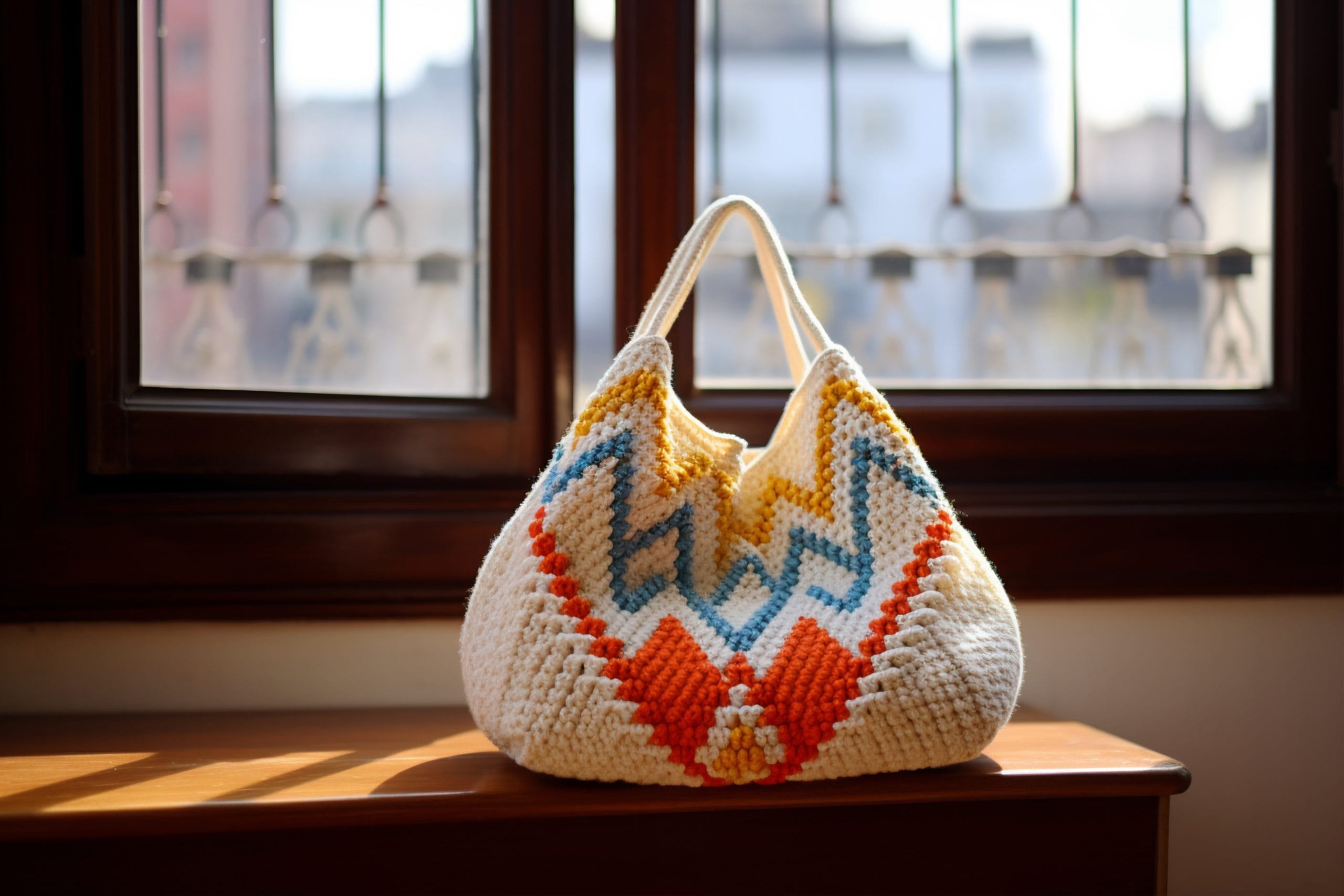
Sustainability Meets Craftsmanship
As global buyers shift toward ethical sourcing and eco-responsible supply chains, handmade products are emerging as the perfect match for sustainable business practices. From materials to production methods, artisan goods reflect a slower, more conscious approach to commerce.
Low-Impact Production, High-Value Results
Unlike mass production, artisan handmade products:
Use fewer resources and less energy
Create minimal waste
Often involve natural or recycled materials
This smaller environmental footprint makes them ideal for brands focused on carbon-conscious retail.
Empowering Local Economies
Each handmade product tells not only a design story but a human story. By choosing artisan-made goods, B2B buyers contribute to:
Job creation in local communities
Cultural preservation through traditional crafts
Economic sustainability for small-scale artisans
This direct impact enhances your brand’s social value and consumer appeal.
Aligning with ESG and Private Label Goals
As ESG (Environmental, Social, Governance) metrics become a key concern for international retailers and distributors, handmade products offer:
Transparent, traceable supply chains
Authentic stories for marketing
High-margin potential with limited-edition appeal
At Orbit Trade, our Artisan Handmade line includes crocheted accessories, handcrafted bags, and pet items — all export-ready and fully customizable under your own brand.
Conclusion: A Business Model That Makes a Difference
Selling artisan handmade goods isn’t just good for the planet — it’s good for business. Stand out in the B2B and retail markets by offering handcrafted products that reflect quality, authenticity, and responsibility.
Partner with Orbit Trade — where tradition meets modern global trade.


